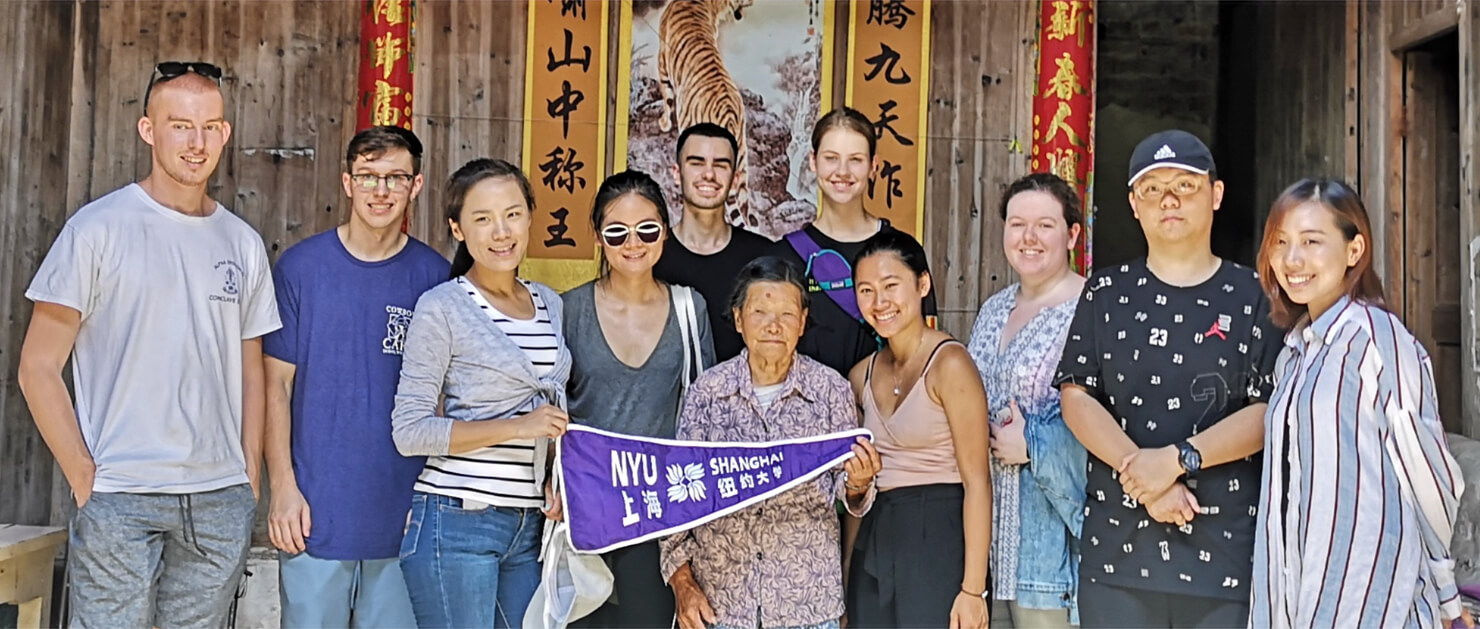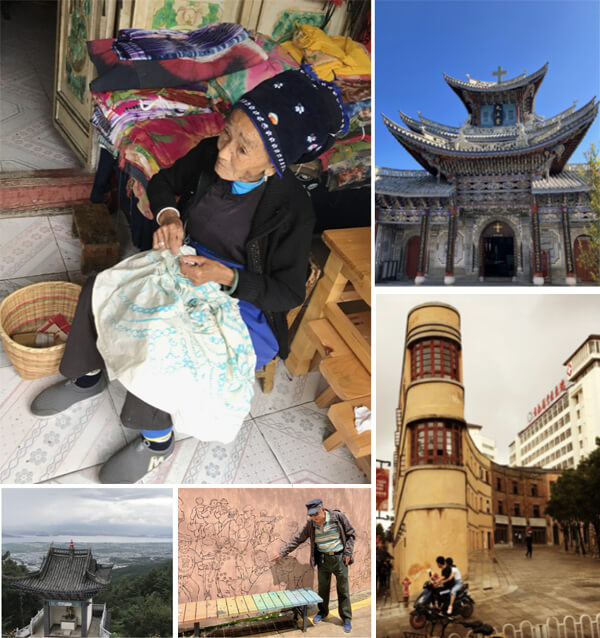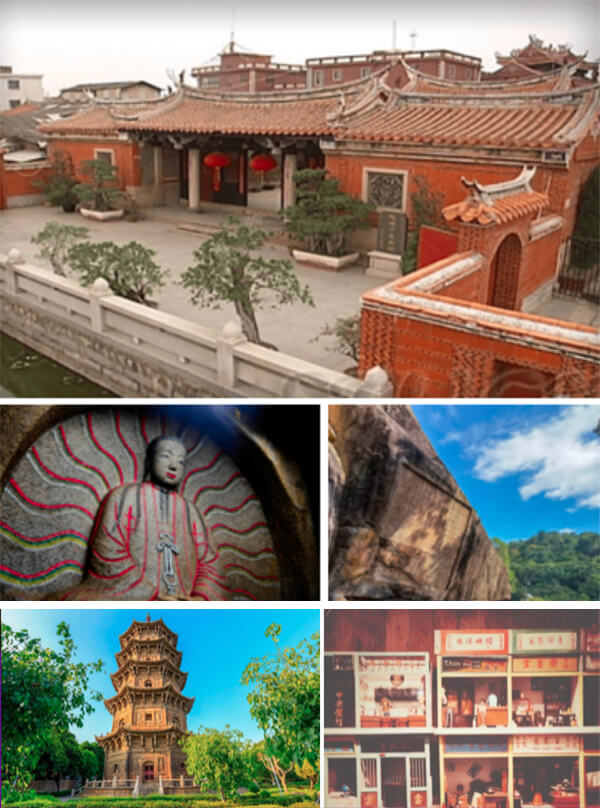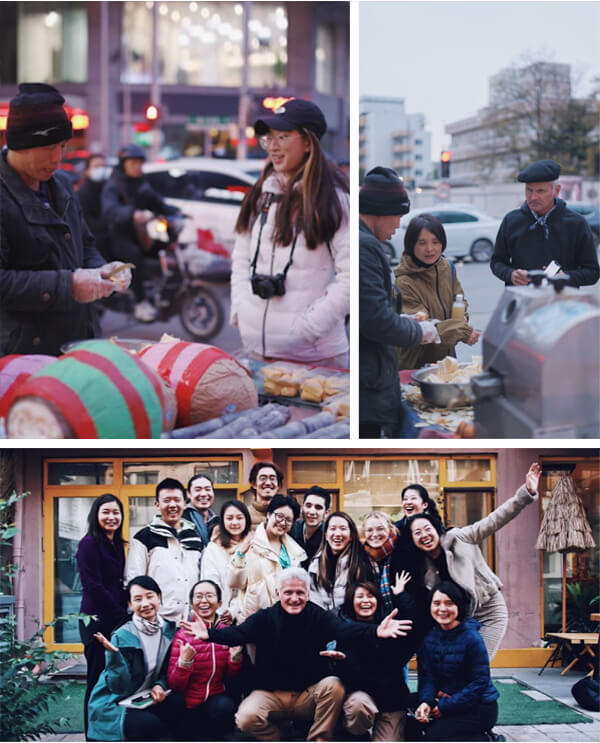
The Office of Community Engaged Learning partners with faculty and experts to design learning trips around China. These trips connect academic topics with place-based experiential learning about the people, history, culture and environment of local communities. Check out our offerings for the semester and previous trips we went on below.
Featured Trips:

Yunnan Province: Ethnicity, Religions, and History
Yunnan is a singular region in China. While the province’s notoriously rugged terrain insulated it from neighboring political states, Yunnan society has retained deep ties to Southeast Asia, the Himalayas, and China since ancient times. Guided by two faculty with decades of experience in Yunnan, David G Atwill and Yurong Atwill, this CEL Immersive Learning Trip visited both Kunming and Dali to introduce students to one of China’s most culturally, ecologically, and politically unique regions “south of the clouds” in southwest China.

Fujian Province: Religions, Maritime Silk Road, and Overseas Diaspora
Fujian is of unique significance in Chinese history. Though often overshadowed by official narratives, Fujian has remained a dynamic site for interactions between Chinese people and the outside world. Such interactions not only foster a culturally and religiously diverse environment but also spread Chinese culture via diaspora communities. Led by three Global China Studies professors, Lala Zuo, Yucong Hao, and Minhao Zhai, students had a chance to learn from them and discuss art history and architecture, overseas Chinese diasporas, and Chinese religion as they experienced China’s historical role in global connection and exchange.

Slow Storytelling with Paul Salopek in Shenyang
We organized a NYUSH group to learn about slow journalism from Paul Salopek, a National Geographic Explorer and storyteller. Paul’s Out of Eden Walk project follows the path of human migration from the Horn of Africa to the tip of South America. At walking pace, Paul is collecting and sharing stories about life that are missed in the rush of daily news—step by step, he’s assembling a unique record of humankind at the start of a new millennium. Each student was asked to replicate Paul’s slow-storytelling approach: Identify a complete stranger in Shenyang, listen attentively to his or her story, and write a publication-worthy profile. All in a single weekend.
Questions?
Contact shanghai.cel@nyu.edu

